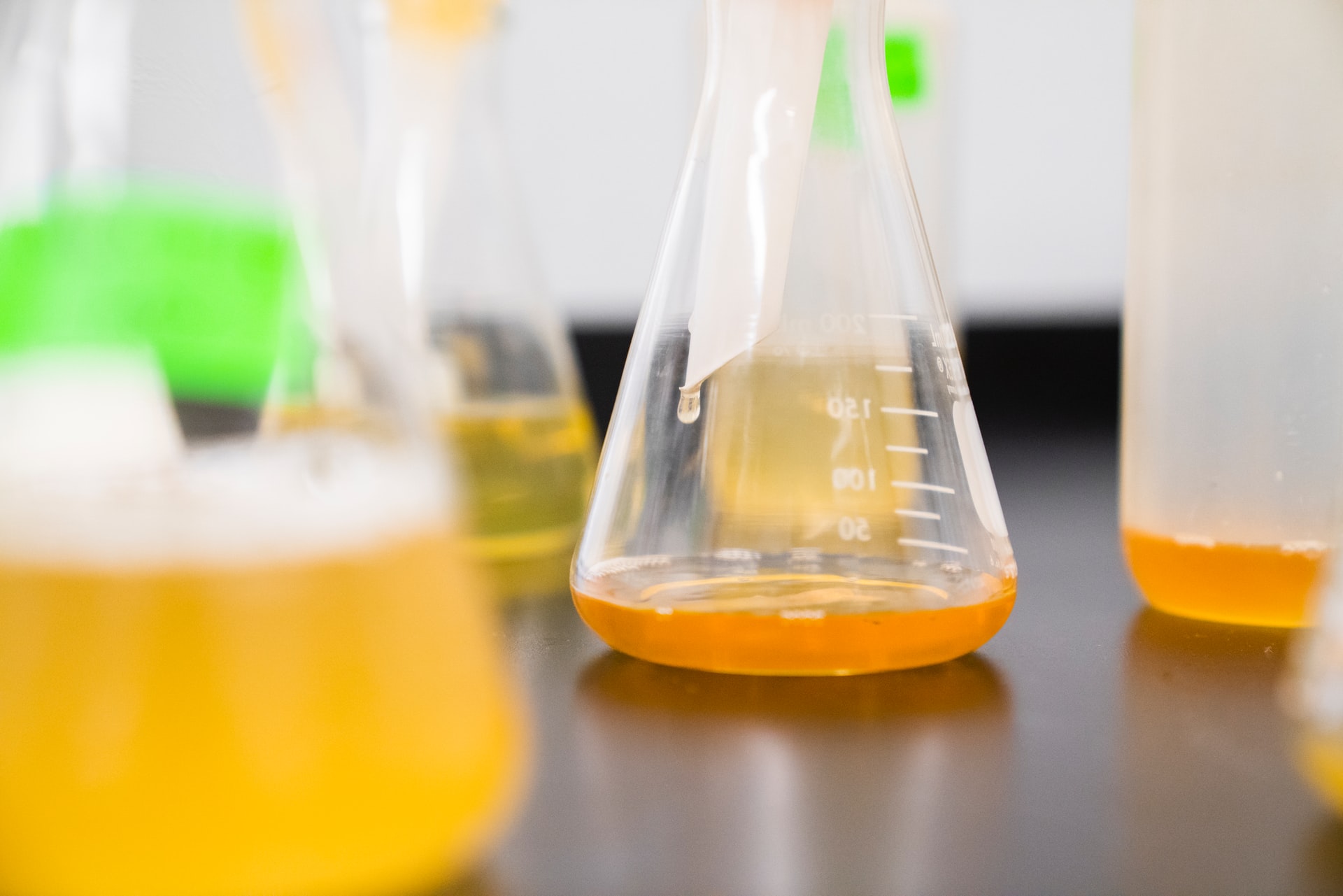Problems with Science Education at SchoolProblems with Science Education at School
Science education at school is problematic for many reasons. One of the biggest issues with science education is that it does not teach science in a way that makes sense to students. Instead, science is taught as an isolated subject without any real-world applications. This article will explore some of the problems with science education and offer potential solutions, so we can ensure all students get the best science instruction possible!
Teaching Science Has Always Been Hard
Science used to be taught in school as an isolated subject, without any real-world applications. This science education method was ineffective because science is not an isolated subject – science has a lot of different connections and implications that need to be explored outside the classroom. Science instruction should include teaching science within its broader context and teach students how science can have many different impacts on their lives.
In the past, science was taught in schools as an isolated subject with no real-world applications, which meant it lacked any relevance for students’ lives. As a result, it was often seen as unimportant or irrelevant by them and they would lose interest quickly due to a lack of understanding how it pertains to their day-to-day lives.
To keep science fun for children, we should make sure they are learning about it within its broader context and demonstrate how it impacts their lives outside the classroom – both in terms of personal interests and future career prospects. Here are five ways to do this: 1) Encourage teachers to incorporate hands-on activities into lessons; 2) Give science teachers more time to teach about science outside the classroom; 3) Integrate science into other subjects, such as history and social studies;
We can make science fun for students by encouraging teachers to include more hands-on activities in their lessons. Such activities are proven to help increase student understanding of the subject matter and may be especially important if we want science, engineering, technology, math (STEM) to be a favorite of future college students.

Where Do Science Kits Fit?
We know science is often seen as a difficult subject, but science kits are great at teaching science in a simple way. There are all sorts of science experiments that can be done with or without using major science equipment- which makes it perfect for kids!
Science kits are also great for science fairs, science days at school or science events. Science experiments like the lemon battery and other science projects include how to make science kits for kids that can be used over and over again! Even if you don’t have a lot of money, there are plenty of ways to get hands-on learning experience.
STEM kits for kids can be an inexpensive way to get youngsters excited about learning. There are many vendors of these experiment boxes– Little Passports, Green Kids Crafts, and Bitsbox among them – but from reading what parents are saying online about Kiwico it’s clear they are among the leaders.
Teachers are important!

Science is science, but science education has always been something else.
It’s not just about science, it’s about teaching science and that means the teacher must be a master of many skills.
A science teacher must be able to do everything from demonstrating how to use equipment like microscopes or balances, to teaching the principles of chemistry in an engaging way. The best science teachers are also experts on the latest research developments and know how to connect with students by using experiments as well as lectures.
In science, the best experiments are always in a lab rather than a classroom because science is about doing.
Experiments teach students to apply what they’ve learned and to work out solutions for themselves which is something that many science teachers find hard as it means more work for them.
But the benefits of science experiments in class are huge.
The best science teachers know how to make science as exciting and engaging for students as possible, by listening to their feedback on what works well and what doesn’t work so well, they can come up with even more effective methods which will really help kids understand principles such as the scientific method, logical thinking, and following instructions.
In closing, science experiments are a great way to make science more interesting for students.
It’s not just about science, it’s also about teaching science and the best science teachers know how to do that by using demonstrations. Science kits are another way to bring experimentation into the hands of students – and hopefully make science more exciting at the same time!
